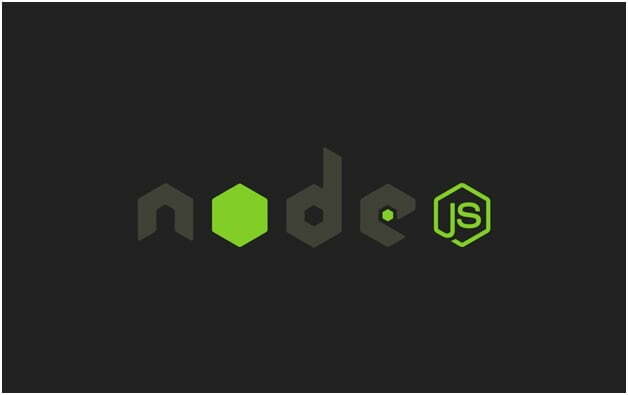All the big firms like PayPal, Netflix, Linkedin, and others use Node.js based applications instead of Java. It’s interesting to find out what makes enterprises choose Node.js development for the process. For starters, companies prefer security, stability, and scalability over the ease of coding for their web and mobile application development.
Let us understand what each programming language has to offer and then analyze the best pick for your business.
JAVA V/S NODE.js
The initial choice of technology is a “make-or-break” decision for business owners. The chosen technology determines the growth and development possibilities for a particular product. Therefore, we need to compare these programming languages and compare the incomparable.
If we were to compare programming languages, we must first address that Java has evolved into a complete ecosystem with its libraries, plugins, and APIs. Also known as the king in the programming world, the language has an excellent foundation, certain debugging features, and impressive threading capabilities.
On the other hand, Node.js is not a programming language. Instead, it is a runtime allowing the execution of JavaScript on the server’s end. It was released in 2009 and is now an open-source community project under the Node.js foundation.

How digital transformation can grow your business?
Advantages of Java

- Platform Independence:
The “write once, run anywhere” approach makes Java a desirable language for most coders. It can run on any platform, regardless of how and where it was created.
2. Integrated Development Environment (IDE):
When you compare Java and Node.js, Java’s IDE is better. Each Java IDE is a complete ecosystem that supports several stages of backend code development. You can seamlessly write your code in it, build your software and finally, test it there.
3. Libraries:
Java has a wide array of libraries containing reusable code components. They are a great time-saver when it comes to building remote codes. Most of these libraries are open-sourced and supported by experienced developers.
4. Multi-thread processing:
Java uses a multi-threaded web server that processes each thread separately. It allows the efficient performance of several tasks simultaneously. The feature of multi-threaded processing makes the language an excellent tool for CPU-intensive applications.
Disadvantages of Java
A few downsides of the language are speed of development and the burden of legacy overhead. The age-old legacy makes it a questionable choice when it comes to modern and streamlined web development.
Advantages of Node.js:

1. JavaScript:
The first significant advantage of Node.js is the tool that allowed developers to use Javascript everywhere. It could now be used on both front and back ends, leading to better infrastructure and more natural migration.
2. Scalability:
Apps built on Node.js show better horizontal scalability. At the same time, its vertical stability is affected by its single-threaded nature.
3. Speed and non-blocking API
Node.js provides an event-driven architecture and a non-blocking API that optimizes an application’s scalability. It helps to create an app in much less time, as compared to Java or other languages.
Disadvantages of Node.js
- OS-dependent:
Node.js has modules tied to the operating system. Running the software would require you to rebuild the blades and make them compatible with the new OS.
2. Mass Alienating Of Coders:
Restrictions in the development of the language restricts it from being a good fit for business owners.
3. Single-Threaded:
Node.js is working on implementing the multi-threaded mode, but as of now, it is single-threaded. All the processes and requests work as single threads. This means that the events happen in a queue, one after another. This results in somewhat slower performance.
It is safe to say that Node.js extends the creative potential of people with web development experience, enabling developers to create servers, desktop apps, and even robots. The fact that Node.js community grows to double its size every year proves the future. However, Java is a virtually omnipresent language used in multiple devices, as well as many prominent platforms like eBay, Linkedin, Amazon, and even Google. While comparing Java and Node.js, you must understand that the best pick is determined by your business and the challenges you bear.



